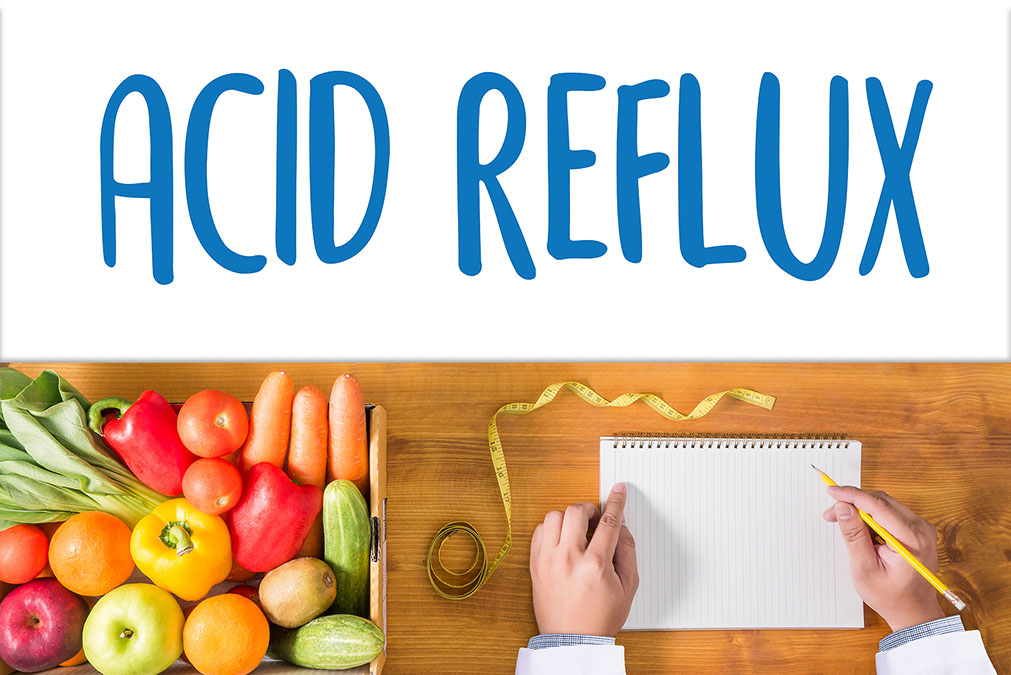 Research has linked medication called proton-pump inhibitors (PPIs) to a wide range of conditions like bone fractures, dementia, kidney disease, infections, and several types of life-threatening cancers.
Research has linked medication called proton-pump inhibitors (PPIs) to a wide range of conditions like bone fractures, dementia, kidney disease, infections, and several types of life-threatening cancers.
So it’s essential you dump these medications ASAP.
However, according to a new study in International Journal of Molecular Sciences there is a big problem with that.
Apparently, these drugs are highly addictive and will make your acid reflux much worse for a while once you stop taking them.
A team of researchers was interested in a phenomenon called rebound acid hypersecretion (RAHS), which can make it seem like PPIs are addictive. This is a phenomenon that makes you feel like you’re right back where you started, or even worse, once you ditch your PPIs.
They performed a review of the scientific literature on this experience and found that it was very real.
Here are their key findings:
-
1. After stopping PPIs, 40-50% of healthy volunteers experience increased acid reflux, whereas those who stopped a placebo or fake treatment did not.
2. During PPI treatment, your stomach produces more gastrin, a hormone that stimulates acid production. When you stop taking PPIs, the sudden surge of gastrin leads to an overproduction of stomach acid.
3. These symptoms are often mistaken for a recurrence of the original condition, prompting many people to restart PPI treatment.
Let’s break down what happens in your stomach in more detail.
Under normal conditions, proteins in your meals trigger G-cells to release gastrin, which then stimulates other cells to produce acid. This process is regulated by a feedback loop that keeps both gastrin and acid levels in check.
But now, when you take PPIs, they block the final step of acid production. They directly block those other cells from producing acid.
This sounds great, except that the lack of stomach acid then also stops the feedback loop that normally keeps gastrin levels in check.
What does this mean after you stop taking PPIs?
Well, you have now killed the feedback regulation that keeps gastrin in check, and your body has a lot of gastrin ready to go. And there’s no other natural mechanism that can stop it. Large amounts of gastrin will trigger huge amounts of stomach acid, and now you’re feeling like your acid reflux is worse than it’s ever been.
So, while it’s a good idea to dump your PPIs, you must be aware that this rebound process might make it feel like there’s a terrible underlying condition that requires you to restart these drugs.
During the first few weeks, it might be a good idea to steer clear of foods and drinks that can trigger acid production, like spicy foods, creamy dairy, caffeine, and alcohol.
Slowly tapering off PPIs can also help to minimize the rebound effect, as the feedback loop to regulate stomach acid is then slowly restored.
This is an example of drugs that look like they’re helping, while they’re actually harmful to the point of worsening symptoms and being physiologically addictive.

 Overcoming IBD
Overcoming IBD Multiple Sclerosis
Multiple Sclerosis Banishing Bronchitis
Banishing Bronchitis Gum Disease Gone
Gum Disease Gone Overcoming Onychomycosis
Overcoming Onychomycosis Neuropathy No More
Neuropathy No More The Prostate Protocol
The Prostate Protocol Brain Booster
Brain Booster
 Ironbound
Ironbound
 Solution for Shingles
Solution for Shingles
 The Bone Density Solution
The Bone Density Solution
 The Ultimate Healing Protocol
The Ultimate Healing Protocol
 The Parkinson's Protocol
The Parkinson's Protocol
 The Chronic Kidney Disease Solution
The Chronic Kidney Disease Solution
 Overthrowing Anxiety
Overthrowing Anxiety The Fatty Liver Solution
The Fatty Liver Solution The Hypothyroidism Solution
The Hypothyroidism Solution
 The End of Gout
The End of Gout The Blood Pressure Program
The Blood Pressure Program
 The Oxigized Cholesterol Strategy
The Oxigized Cholesterol Strategy
 Stop Snoring And Sleep Apnea Program
Stop Snoring And Sleep Apnea Program
 The Arthritis Strategy
The Arthritis Strategy The Vertigo & Dizziness Program
The Vertigo & Dizziness Program The 3-Step Diabetes Strategy
The 3-Step Diabetes Strategy Hemorrhoids Healing Protocol
Hemorrhoids Healing Protocol The Erectile Dysfunction Master
The Erectile Dysfunction Master Weight Loss Breeze
Weight Loss Breeze The IBS Program
The IBS Program The Insomnia Program
The Insomnia Program The Migraine and Headache Program
The Migraine and Headache Program The Neck Pain Solution
The Neck Pain Solution The Menopause Solution
The Menopause Solution The Ejaculation Master
The Ejaculation Master The TMJ Solution
The TMJ Solution The Acid Reflux Solution
The Acid Reflux Solution The Fibromyalgia Solution
The Fibromyalgia Solution The Psoriasis Strategy
The Psoriasis Strategy